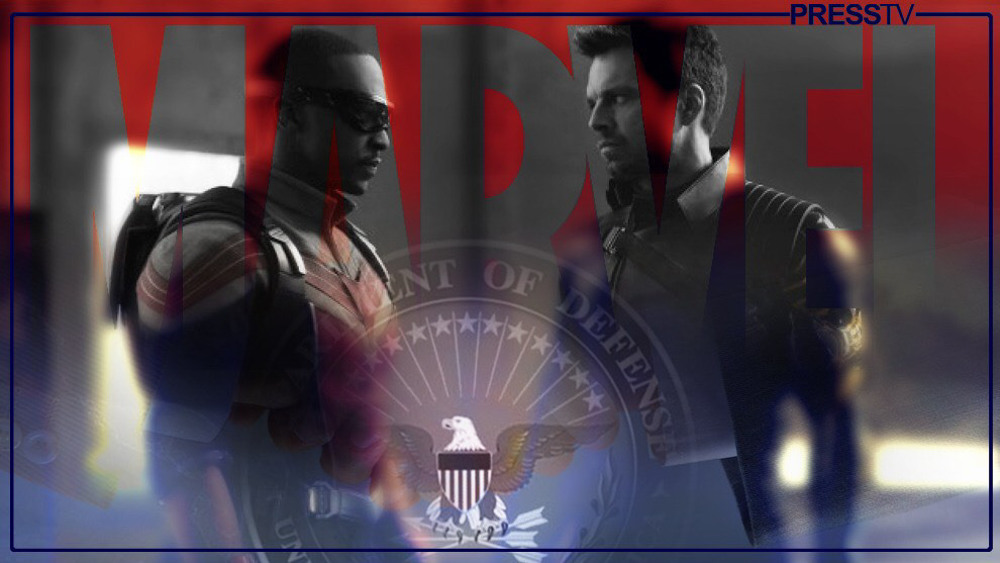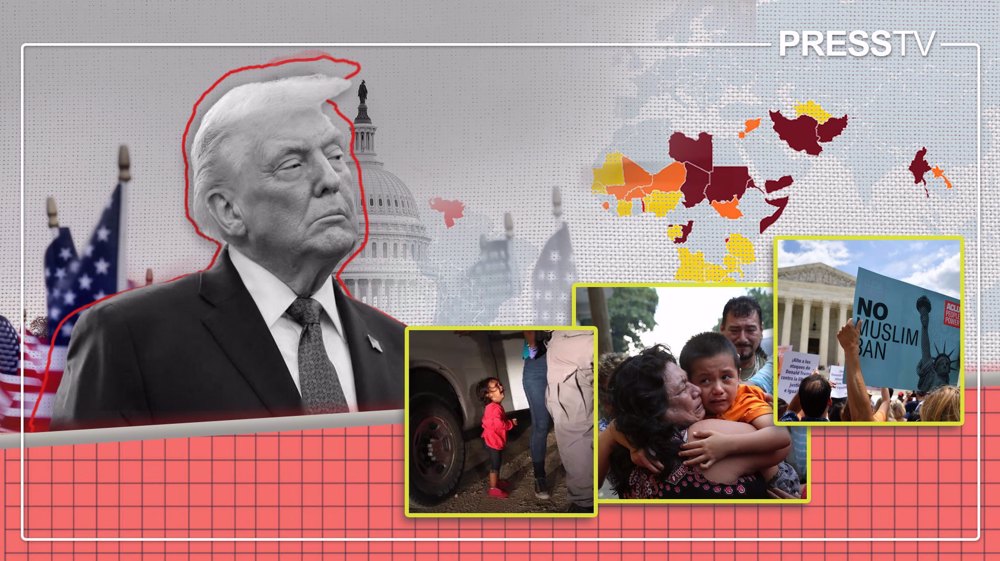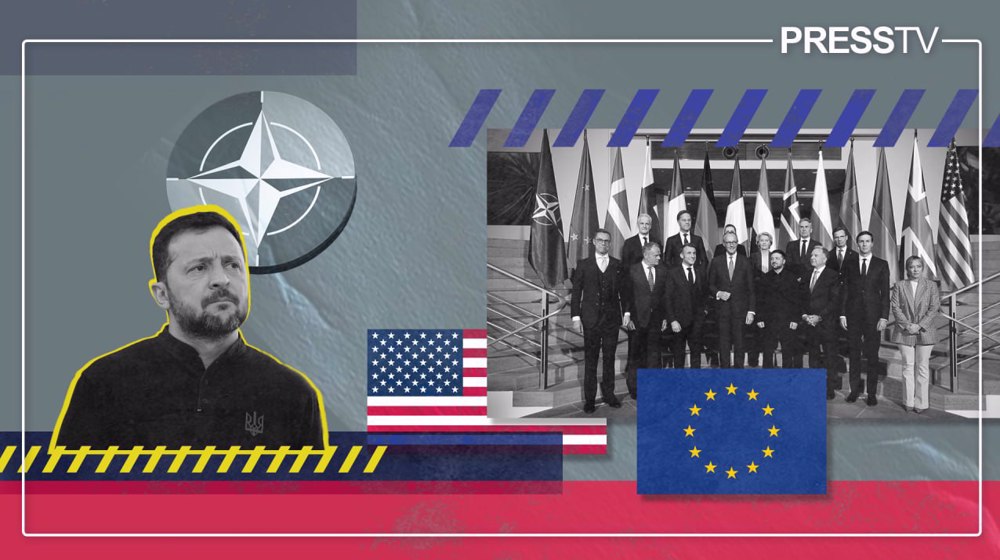Falcon and Winter Soldier is next big thing in military-marvel propaganda
By Tom Secker
Tom Secker is an investigative journalist, author and podcaster based in Britain. You can follow his work via his Spy Culture website and his ClandesTime podcasts.
The new miniseries The Falcon and the Winter Soldier is the latest team-up between Marvel Studios and the Department of Defense, maintaining the relationship between the world’s largest film and TV franchise and the world’s most powerful military.
The series is currently streaming on Disney+ and sees two of the lesser superheroes from the Marvel Cinematic Universe reunite to take on a rebel terrorist gang in the wake of the events of Avengers: Endgame. The Falcon, played by the consistently excellent Anthony Mackie, joins forces with Bucky Barnes a.k.a. The Winter Soldier in a globetrotting thriller that will likely remind fans of the action-comedy tone of the early Marvel movies.
Lockdown TV? There’s Something Familiar About All This
In the early episodes our intrepid duo travel around a world beset by economic and social upheaval after half the world’s population reappears in an instant having been ‘vanished’ at the climax of Avengers: Infinity War. Much like the pandemic-lockdown disruption faced by many in the real world, in the show unemployment is rife, distrust is widespread and governments are struggling to cope.
The Falcon and the Winter Soldier features an interesting political power dynamic. An international government calling itself the Global Repatriation Council is taking draconian measures in the name of dealing with the reappearance of half of the world’s population, so a rebellion known as the Flag Smashers fights back.
Normally, our sympathies would lie with the rebels – the little guys who are defying the autocratic government, but in this story the Flag Smashers are the terrorists while our pair of superheroes are trying to stop them. The Flag Smashers are illegally creating a small army of super-soldiers to help them in their fight against the Global Repatriation Council, and frequently use violence to strike at the established powers.
As such, while the rebels are somewhat sympathetic and their reasons and motives are frequently articulated, the overall dynamic of the show is authoritarian, heroising those suppressing the rebellion and trying to restore order to a chaotic world.
In the context of the society we’re all currently living through – where dramatic yet everyday restrictions on our way of life have become the norm – the message is clear: in times of crisis we simply have to accept the absolute authority of the state.
The US Air Force, the Falcon and the War in Libya
However, The Falcon and the Winter Soldier is much more than mere coronavirus couture. The first four episodes credited the US Department of Defense, the US Air Force and Air Force Reserve Command. Also thanked are Lt Col Nathan Broshear and Capt Travis Schirner of the Air Force Entertainment Liaison Office, as well as Airlift Wings at Dobbins and Maxwell Air Force Bases.
The influence of the Air Force’s support can be seen throughout the series, as the Falcon is shown working side-by-side with the DOD, often being dropped into hot zones from an Air Force C-130, and having military intelligence support from small teams zooming around in humvees. While the Air Force’s presence on screen is waning as the story progresses, the Falcon (himself a former Air Force paratrooper) remains the most moral and charismatic character in the series, and so is a fine representative for the US military.
While documents on the Pentagon’s influence on the scripts for The Falcon and The Winter Soldier are not available, one scene from the opening episodes stands out as likely having been rewritten at the DOD’s request.
In the sequence, the Falcon is on a US Air Force-assisted mission in Tunisia and becomes embroiled in a lengthy aerial fight with several helicopter gunships. Adding to the tension, his military intelligence support team inform him that the battle is getting dangerously close to the border with Libya, and that he doesn’t have the authority to enter Libya’s sovereign airspace. This is emphasised through graphics showing the region, with Libya’s territory marked in bright red for ‘no entry.’
Of course, this is a ludicrous deception. The US Air Force showed no such respect for the sovereignty of Libya’s airspace when they carried airstrikes against Tripoli in 1986 in response to the bombing of a discotheque in Berlin. Those strikes, some from planes that took off from bases in the UK, killed over 100 people.
Likewise, in the 2011 war against Libya several NATO countries, including the US, carried out months-long bombing campaigns and imposed a no-fly zone over the country. The bombings deliberately targeted Libya’s water infrastructure while ignoring legitimate military targets, leading to widespread water shortages, sickness and death.
The US has continued to drop bombs on Libya since 2015, using both airstrikes and drone strikes to attack local Al Qaeda and ISIL camps, killing over 1,000 targets and an unknown number of civilians. While this has been done with the cooperation of the new, client government of Libya, they aren’t in a position to refuse the US and UK access to their skies.
Thus, The Falcon and the Winter Soldier’s rebranding of the US Air Force as an institution which respects the sovereign airspace of foreign countries – especially Libya – is grossly misleading and propagandistic. Adding insult to injury, the episode featuring this sequence was released in late March – exactly 10 years after the beginning of NATO’s war in Libya.
The Military-Marvel Relationship
The Falcon and the Winter Soldier is the latest chapter in a disturbing relationship between the DOD and Marvel Studios that goes back to the inception of the cinematic universe.
On Iron Man the Air Force provided extensive support in exchange for help with recruitment efforts and input on the script. This led to scenes disappearing from the finished film, such as one where a military character makes an off-hand reference to suicide, and another where Air Force F-22s shoot down Iron Man at the end of a lengthy dogfight.
Politically contentious dialogue, such as when an Afghan insurgent leader tells Tony Stark that weapons have been flowing into the region for decades thanks to the policies of several successive US administrations, also fell by the wayside. The result was an extremely one-sided story where Stark briefly renounces the arms industry, before spending the rest of the film developing an extremely high-tech weapon so he can wreak violence on generic Muslim terrorists.
For Iron Man 2 the Air Force went even further, and rearranged a full-scale training exercise to ensure that the desired aircraft were available at Edward Air Force Base for filming. In a behind-the-scenes video the Air Force’s entertainment liaison project officer Capt Bryon McGarry described their aircraft as ‘production value.’ One of the producers Jeremy Latcham spoke of how impressed he was by the sheer amount of military hardware in some shots, estimating it was worth ‘a billion and a half dollars.’ The main Air Force character in Iron Man 2, much like the Falcon, is a likeable, decent African-American who is only trying to do the right thing – the perfect PR image for today’s military. In the film he takes one of Stark’s flying suits of armour and becomes a superhero, albeit one who operates entirely within the Air Force chain of command. As a DOD database describes, both the Air Force and the Marine Corps had input on how military insignia and emblems were incorporated onto the suit, effectively branding it as military property.
While the military-Marvel relationship became strained following script disagreements on The Avengers, it now seems to be back on course. In recent years the DOD have supported Captain Marvel, which helped promote Space Force and the need for the US to militarise space, WandaVision and now The Falcon and the Winter Soldier. With its global fan base the MCU delivers eyeballs on an unprecedented scale, and the DOD is ensuring that these audiences only see images that are in keeping with the US government’s foreign policy and geopolitical agendas.
The views expressed in this article do not necessarily reflect those of Press TV.
US imposes visa bans on ex-EU commissioner, anti-disinformation activists
Iran rejects coercion, says no to inspection of damaged nuclear sites
Over 150 Iranian MPs condemn US 'maritime piracy' in Caribbean
Why Iran’s reverse engineering prowess is giving jitters to American war hawks
Iran condoles with Libya over death of army chief in plane crash
Palestine Action: 'Free the Hunger Strikers'
Ex-UK officers urge PM Starmer to impose full arms embargo on Israel
Pro-Palestine prisoners pause hunger strike, but vow to resume fight










 This makes it easy to access the Press TV website
This makes it easy to access the Press TV website